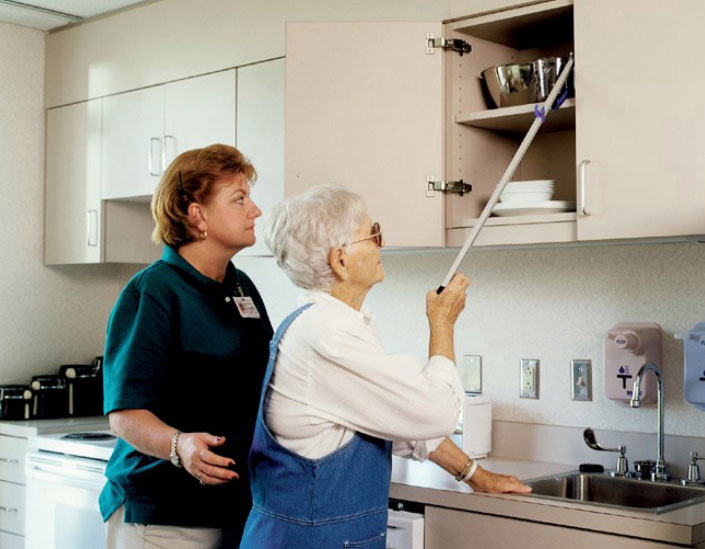The Client Assistance Program (CAP)
The Client Assistance Program (CAP) at the Disability Law Center protects people who have applied for, or are already clients of, Vocational Rehabilitation (VR) or Independent Living.
Who does CAP help?
CAP can help the following individuals:
- People living in Utah
- People who need, or currently get, VR or Independent Living services
- People who are denied VR or Independent Living services
- People who disagree with their VR or Independent Living counselor’s decision about the services they need.
- People whose VR or Independent Living case has been closed.
What services does VR offer?
VR can help you get the services and skills you need to find employment in the area of your choice. Services may include:
- Assessments and evaluations that explore your employment skills and interests
- Help finding a job, job coaching, and supported employment
- Transportation for job training
- Books, supplies, tools, and licenses
- Medical and counseling services and/or independent living skills training
- Assistive devices like computers, wheelchairs, and hearing aids
- Self-employment and business development support
- Training and education
What is VR Order-of-Selection?
Order-of-selection prioritizes VR applicants and provides services based on the significance of the person’s disability. This means you may be placed on a waiting list after applying for services. If you have concerns about your placement on the waitlist, call a CAP advocate at (800) 662-9080.
What services do Independent Living Centers offer?
Independent Living Centers help people with disabilities achieve greater independence. Services may include:
- Information and referral
- Peer support and advocacy
- Assistive technology
- Interpreter or reader services
- Community activities and information
- Help finding community resources
- Nursing home transition
- Independent living skills

Self-Advocacy Tips
Self-advocacy is what you do to stick up for yourself and protect your rights. Below are several tips for dealing with difficult problems:
- Believe in yourself and know you have rights.
- Get the facts, create a timeline, and follow the correct steps when making a complaint.
- Communicate your concerns with those involved verbally or in writing.
- Keep records of what is said and the paperwork you receive.
- Know your rights to appeal decisions you don’t agree with.